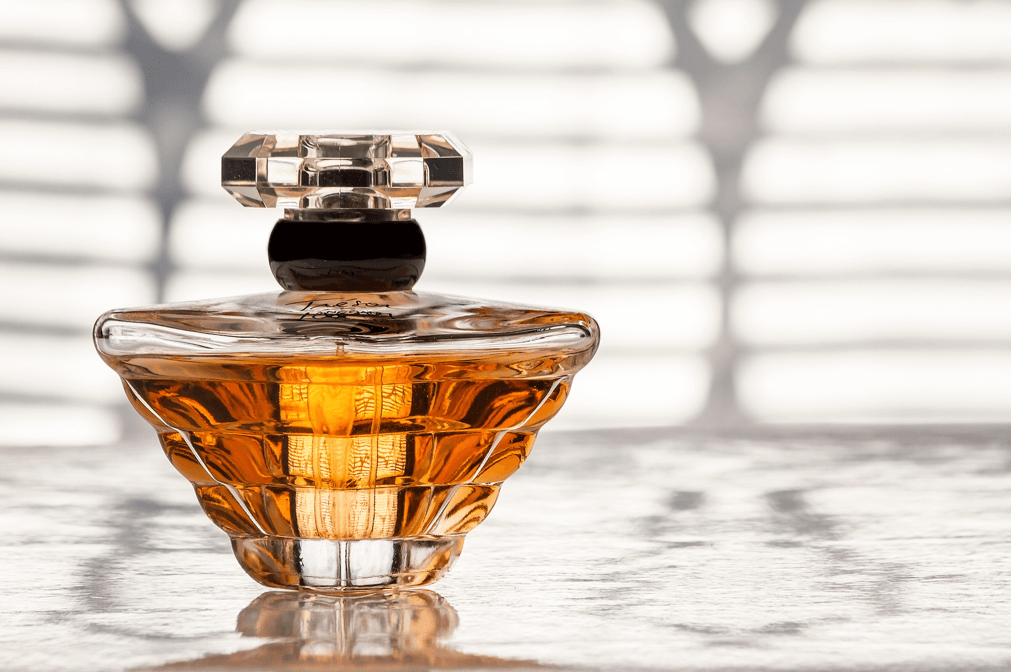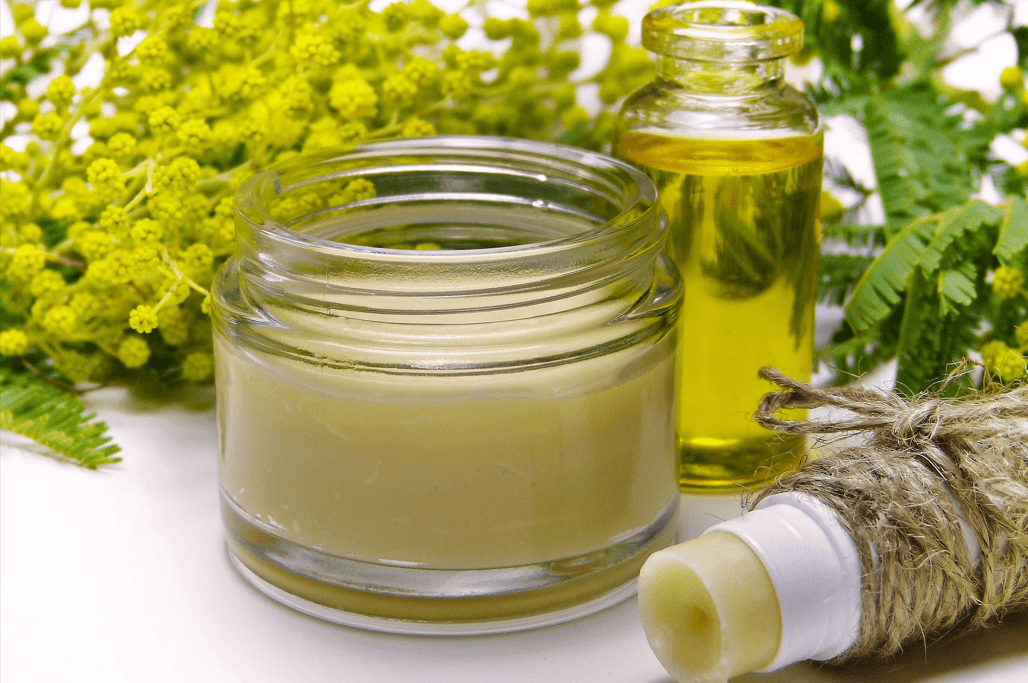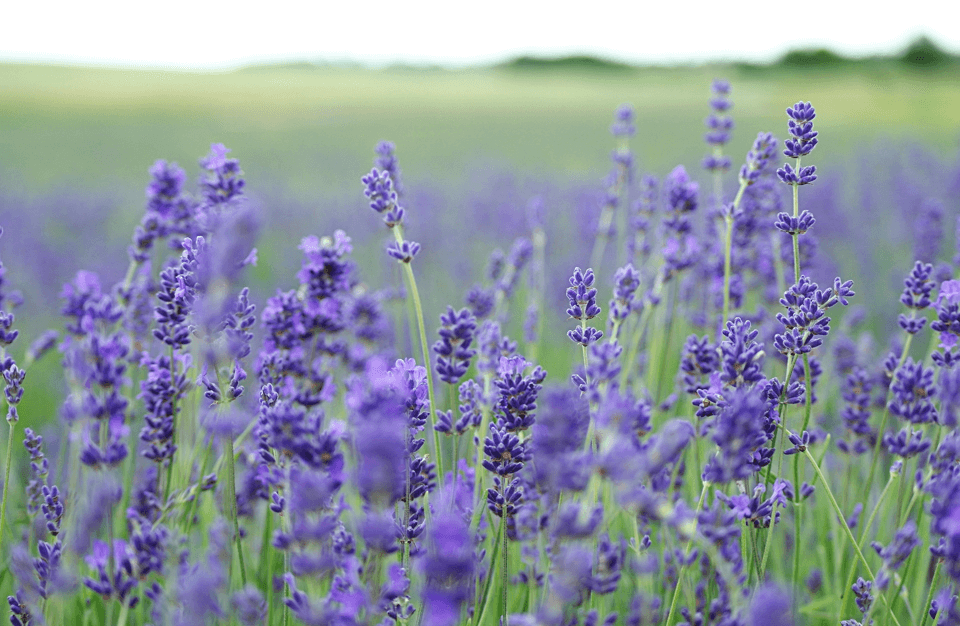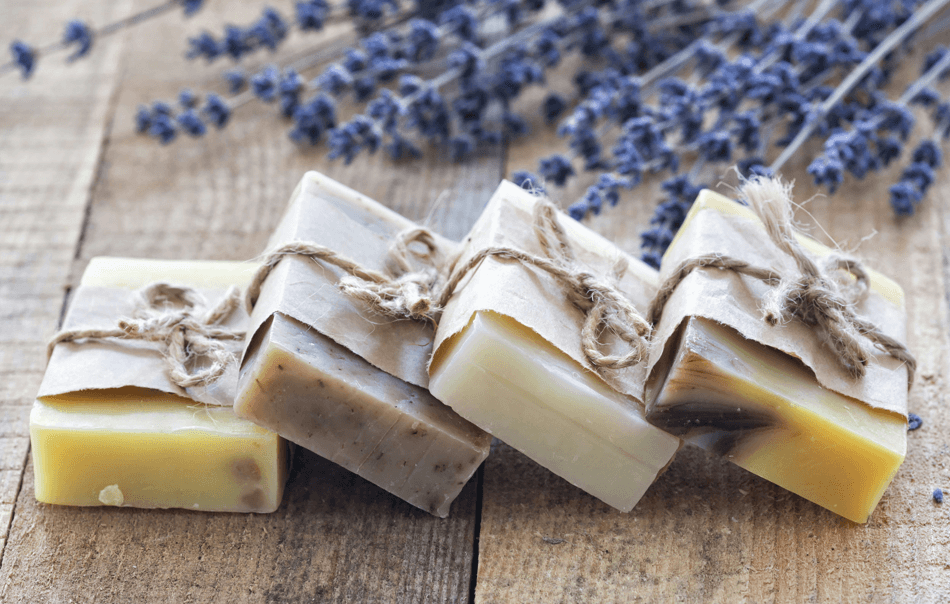Sandalwood Essential Oil: Its History And Many Uses

Sandalwood is a name that holds a sacred place in many cultures and is known for its distinct aroma and therapeutic properties.
It's not just a tree or a type of wood; it's an age-old tradition, a part of religious rituals and a treasure trove of health benefits.
In this blog post, we will explore the history, production, uses, and benefits of sandalwood essential oil.
Key Points
- Sandalwood is culturally significant, known for its distinct aroma and therapeutic properties.
- It has a rich history, being mentioned in ancient Sanskrit and Chinese texts, and was even declared a "royal tree" in Mysore.
- Sandalwood is native to peninsular India, the Malay Archipelago, and Northern Australia.
- Sandalwood essential oil is used in perfumes, soaps, and candles due to its warm, woodsy fragrance.
- It's also used in traditional medicine for stress relief, treating skin conditions, and boosting the immune system.
- In aromatherapy, sandalwood essential oil promotes relaxation, stress reduction, mental clarity, and improved sleep.
- It's beneficial for skin, promoting skin cell growth, reducing blemishes, and maintaining hydration.
- Sandalwood oil can be added to massage oil and is considered a natural aphrodisiac.
- It provides pain relief for muscle and joint pain and has antiseptic properties for skin conditions.
- In hair care, sandalwood oil strengthens hair, promotes growth, adds shine, and soothes itchy scalps.
- Sandalwood essential oil serves as a natural insect repellent and has potential health benefits for urinary tract infections, digestion, and circulation.
- It's believed to have spiritual qualities.
- Precautions should be taken, including patch testing for potential allergic reactions.
- Sandalwood oil can be a valuable addition to health and wellness routines, but quality and proper use are essential.
History of Sandalwood
Sandalwood is indigenous to the tropical belt of peninsular India, the Malay Archipelago, and northern Australia.
The East Indian sandalwood tree has a sacred history, mentioned in ancient Sanskrit and Chinese manuscripts dating back 4,000 years. In 1792, the ruler of Mysore, Tipu Sultan, declared Mysore's native Indian sandalwood a “royal tree”.
Various civilizations have used sandalwood for over 3,000 years. The yellowish heartwood of sandalwood trees, cultivated since antiquity, plays a significant role in many funeral ceremonies and religious rites and as a meditation aid. It is believed to have originated from the South Western Ghats of India, particularly from Coorg (Kodagu) in Karnataka.
It is also to be found within traditional Chinese medicine.
Production of Sandalwood Essential Oil
The production process of sandalwood essential oil involves extracting the oil from the heartwood of the tree. The quality of the oil depends on several factors, including the age and species of the tree, as well as the extraction method used.
Steam distillation is the most common method of sandalwood oil extraction. It involves heating the heartwood with steam or water and gathering the fragrant essential oils released in the process. Another popular method of producing sandalwood essential oil is cold pressing, where pressure is applied to extract its volatile oil.
With thanks to Business Insider India
Sandalwood essential oil is widely available in different grades, from the highest-quality oils to lower-grade commercial versions. The highest quality oils are expensive and can cost up to $500 for just a few milliliters.
Uses of Sandalwood Essential Oil

Sandalwood essential oils are a common ingredient in various products such as perfumes, soaps, and candles due to its unique, warm, and woodsy fragrance.
In perfumes, it serves as a base note that helps blend and enhance other fragrances. In soaps, it imparts a soothing scent, while in candles, it creates a calming and serene ambiance.
The concentration of sandalwood essential oil in these products can vary, affecting their aroma and efficacy. For instance, a higher concentration in perfumes can result in a more potent and long-lasting scent.
Sandalwood essential oil is also used in traditional medicine. It can help relieve stress and insomnia by calming the mind, and its antiseptic properties make it beneficial for treating skin conditions such as acne and eczema.
Additionally, sandalwood essential oil can be used to boost the immune system and alleviate joint pain. Research suggests that the oil's anti-inflammatory properties make it an effective treatment for a range of respiratory issues, including bronchitis and asthma.
Finally, sandalwood essential oil is used in aromatherapy. It has grounding and calming effects when inhaled, which can help reduce stress and anxiety. It also has a positive effect on the nervous system, reducing tension headaches and calming the body.

Sandalwood Essential Oil: Benefits in Aromatherapy
Sandalwood essential oil is highly prized in aromatherapy for its numerous benefits.
Relaxation and Stress Relief
Its soothing scent can help reduce stress and anxiety, promoting a sense of calm and relaxation while helping to balance emotions and reduce feelings of fear, anger and depression. It can also help with insomnia, allowing you to get a better night's sleep.
Improved Mental Clarity and Focus
Inhaling the aroma of sandalwood essential oil has been found to increase alpha brain waves which is associated with relaxation. It can help to clear your mind, allowing you to focus on tasks more easily, sharpen your memory and increase concentration.
Immune System Boost
Sandalwood essential oil helps to boost the immune system and protect against infections. It has anti-inflammatory properties which can help relieve aches and pains, as well as reduce respiratory issues such as bronchitis and asthma.
Skin Cell Growth
Interestingly, a small study (more research required) found that skin cells contain olfactory (smell type) receptors that when activated by sandalwood appear to promote skin cell growth.
Skin Care

Sandalwood essential oil is used in many skin care products to help reduce blemishes, inflammation and redness, and to even out skin tone. It can also help keep skin hydrated and supple. Its antiseptic properties can help to reduce acne and the healing of scars and wounds.
Sandalwood possesses antioxidant and anti-inflammatory characteristics that can safeguard the skin, mitigate age-related skin damage caused by free radicals, and provide relief to irritated skin.
Sandalwood essential oil is a wonderful scent addition to a massage oil. Simply add 3 to 6 drops of sandalwood oil to 10ml of your favorite base oil, such as argan, sweet almond, jojoba, olive or coconut oil.
Many consider the scent to be a natural aphrodisiac. Gently massage into the skin and drift away!
Pain Relief
Sandalwood essential oil's anti-inflammatory properties make it an effective treatment for a range of muscle and joint pain, such as arthritis. Additionally, its antiseptic properties can help relieve skin conditions like acne and eczema.
Benefits of Sandalwood Oil for Hair

Strengthens Hair
One of the most notable benefits of sandalwood oil is its ability to strengthen hair. It helps bind the hair shafts together, making your hair less prone to breakage and split ends.
Promotes Hair Growth
Sandalwood oil is known to help stimulate hair growth and reduce hair shedding. It's rich in antioxidants, which fight off free radicals that can damage hair follicles. Additionally, the oil helps regulate sebum production in scalp cells, increasing blood circulation and nourishing your hair roots.

Adds Shine & Luster
When applied to your hair, sandalwood oil helps restore its natural shine and luster. Its moisturizing properties condition hair shafts, making them smoother and less prone to frizz.
Additionally, the woody aroma of this essential oil will leave your hair feeling fresh and fragrant all day long!
Soothes Itchy Scalps
Sandalwood oil has anti-inflammatory properties that can help soothe itchy or inflamed scalps, providing relief from conditions like seborrheic dermatitis. The oil also has antifungal and antibacterial properties that can help reduce dandruff.
Incorporating Sandalwood Oil Into Your Hair Routine
Direct Application
Adding sandalwood oil to your hair care routine is quite simple. Here are a few methods:
Sandalwood oil is best used as a hair mask or treatment—simply mix several drops of the oil with an equal measure of a carrier oil such as jojoba, coconut, or sesame oil. Massage the mixture into your scalp and hair, and let it sit for at least 30 minutes before washing out with a mild shampoo.
You can also use sandalwood oil as an overnight treatment by applying it directly to your scalp before bed.
For best results, use pure sandalwood oil that has not been mixed with other essential oils or fragrances. Be sure to follow the instructions on the product label and do a patch test on your skin before applying it to your scalp and hair.
With regular use, sandalwood oil can help promote healthy hair growth and make your locks look shiny and luscious!
Add to Your Shampoo or Conditioner
Another easy way to incorporate this oil into your routine is by adding a few drops to your regular shampoo or conditioner. This method allows you to reap the benefits of sandalwood oil without altering your hair care routine significantly.
Other Benefits
Sandalwood essential oil is also used as a natural insect repellent, helping to keep bugs away.
It can be used to treat urinary tract infections and digestive issues, while also helping to boost circulation in the body. Additionally, it is believed that sandalwood essential oil has spiritual qualities which can help one to connect with their higher self.
No matter what your reasons for using sandalwood essential oil are, it's important to ensure that you use a high-quality, pure oil so that you can reap all the benefits it has to offer.
Make sure to always do your own research and speak with a qualified aromatherapist before using any essential oils. With its calming properties and natural healing abilities, sandalwood essential oil is truly an invaluable addition to anyone's health and wellness routine.
Precautions and Side Effects
While sandalwood oil is generally safe for topical use, it's always wise to perform a patch test before applying it directly to your skin or scalp. The oil is potent, and some individuals may experience an allergic reaction. If you notice any redness, itching, or discomfort, discontinue use immediately and consult a healthcare professional.
In conclusion, sandalwood oil can be a powerful ally in achieving healthy, beautiful hair. However, as with any natural remedy, results may vary from person to person. Always listen to your body and adjust your routine as needed.






